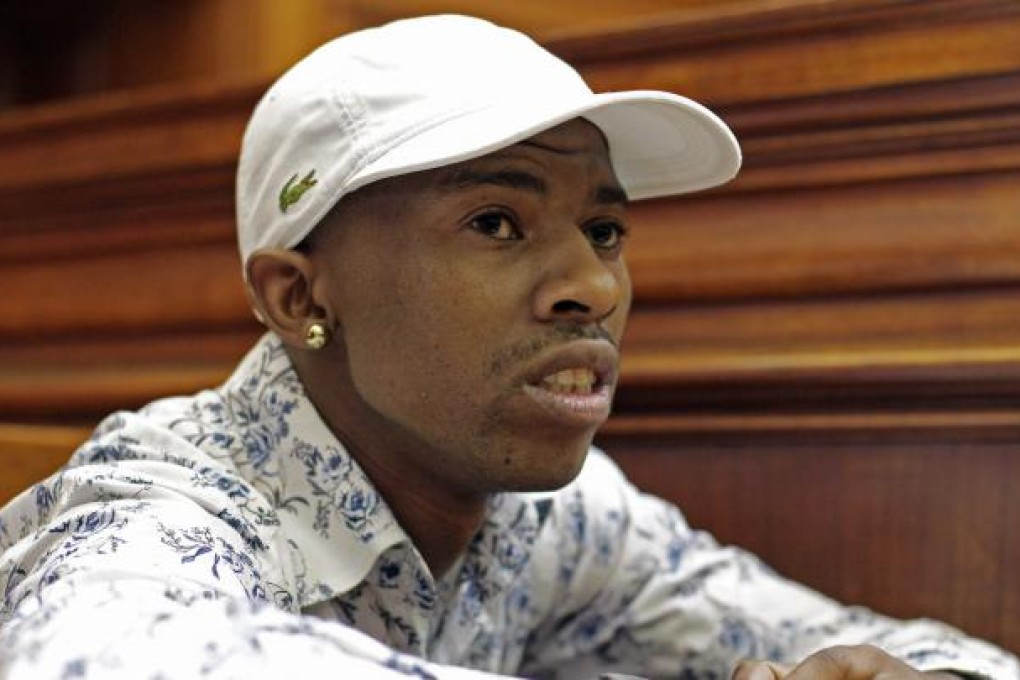South African found guilty of Swedish bride killing
Hitman was allegedly hired by husband to make murder look like a carjacking

A South African accused of being the triggerman in the 2010 honeymoon slaying of a Swedish bride was found guilty yesterday, ending his long-delayed trial as the woman's husband continues to fight extradition over the killing.
Prosecutors say Xolile Mngeni was hired by 28-year-old Anni Dewani's British husband to carry out the November 2010 killing made to look like a carjacking.
Mngeni, who had surgery in June 2011 to remove a brain tumour, has suffered seizures and blackouts and has trouble remembering things, his lawyer has said. His poor health has slowed his trial and he appeared skinnier yesterday than he had at previous hearings.
Judge Robert Henney dismissed claims by Mngeni's lawyer that his client had been set up for the killing. Henney found Mngeni guilty of murder and robbery charges, while acquitting him of kidnapping charges. The judge described the case against Mngeni as "overwhelming" and said an "avalanche of evidence" came crashing down on his claims of innocence.
Mngeni told investigators "where the vehicle was hijacked, ... where the deceased was shot and where he had hidden the stolen items," Henney said. "How could he have done this if he wasn't involved?"
In August, Mngeni's alleged accomplice Mziwamadoda Qwabe pleaded guilty to charges over the killing, receiving a 25-year prison sentence. Zola Tongo, the taxi driver that police say husband Shrien Dewani asked to plot the killing, earlier pleaded guilty to charges over the slaying and was jailed for 18 years.